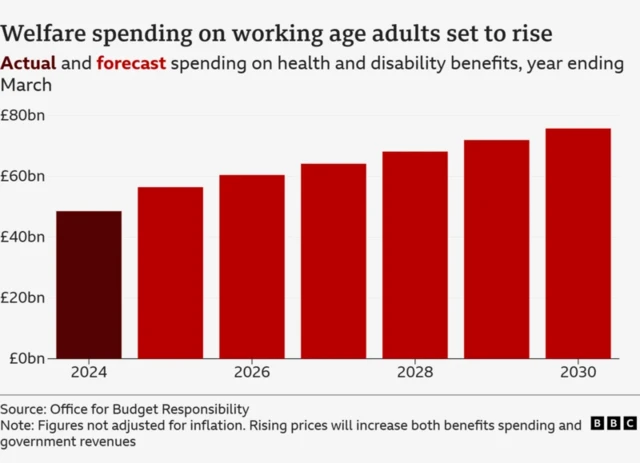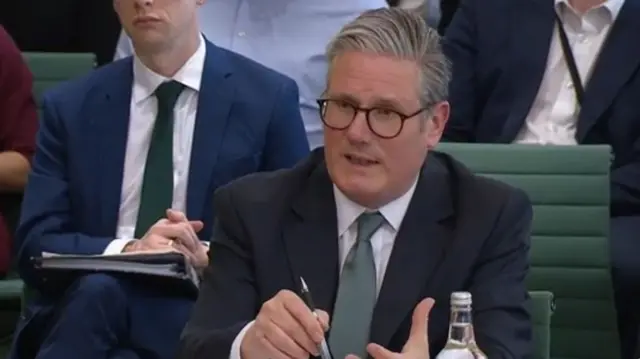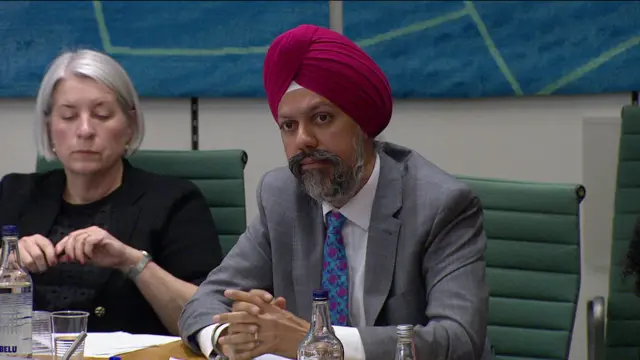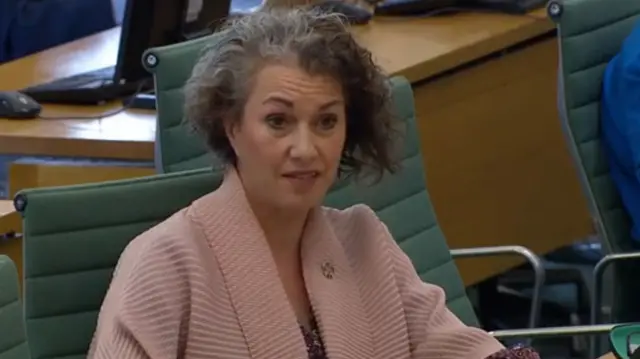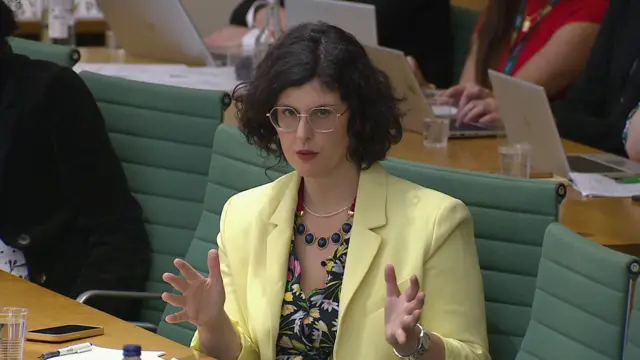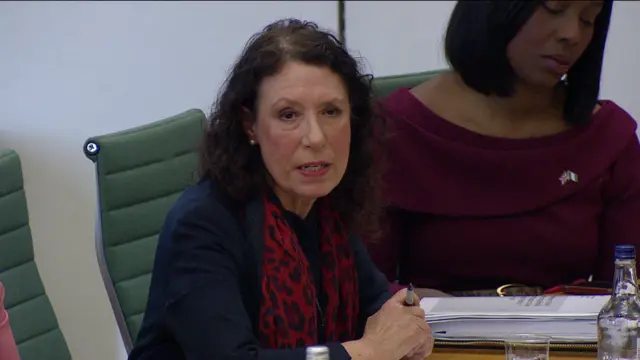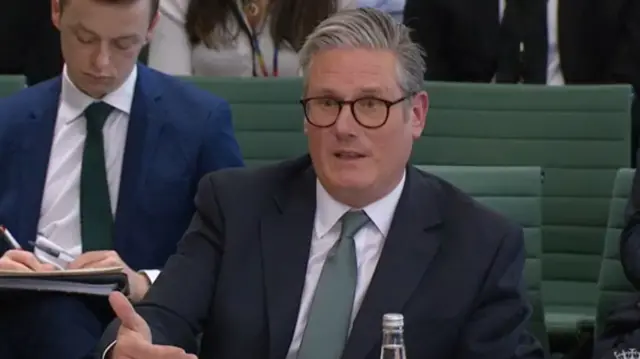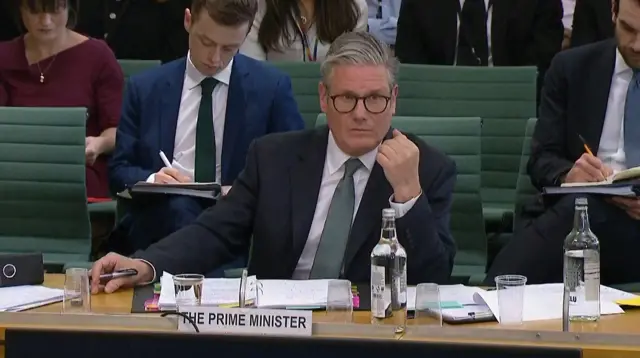Starmer quizzed about tariffs, welfare and British Steelpublished at 16:58 BST 8 April
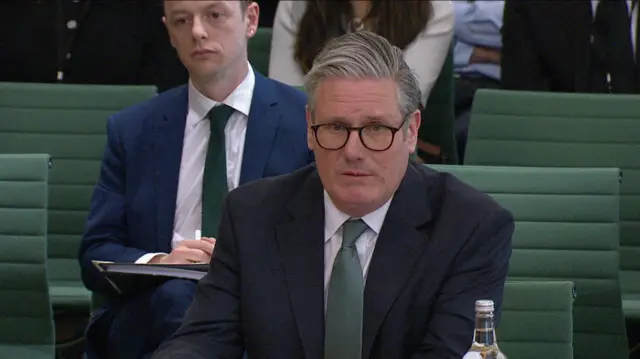 Image source, UK Parliament
Image source, UK ParliamentIn the space of 90 minutes, Prime Minister Keir Starmer was grilled by the Liaison Committee on the topic of tariffs, the UK steel industry, welfare reforms, and a possible peacekeeping force in Ukraine.
This was the PM's final commitment before MPs break for Easter recess at close of play today, returning in two weeks - here's a quick recap of the key questions Starmer was asked:
How is the government responding to US tariffs?
- Starmer said he was disappointed to see tariffs in place but that the UK should not "jump in with both feet" to retaliate
- Support is being offered to specific sectors impacted by tariffs, such as cars and steel, he said
What are the government's plans for the UK steel industry?
- The government was "committed" to steel production in the UK, the prime minister said
- Meanwhile "all options are on the table" in relation to the future of British Steel's Scunthorpe plant, he added
Will proposed benefit reforms push more sick and disabled people into poverty?
- "We need to learn the lessons from the past", Starmer said
- He defended the "right to try" provision - which would guarantee that unemployed people applying for jobs wouldn't lose their benefits
- And the prime minister reiterated that he believes people who need support and protection should get it
What will the UK's "coalition of the willing" entail?
- Starmer didn't give the committee specific details on this - in particular when asked about the potential involvement of British troops in any peace deal in Ukraine
- But the prime minister said senior UK defence officials are working closely with their Ukrainian counterparts on the detail
We're ending our live coverage of the prime minister's appearance at the Liaison Committee now - thank you for joining.

